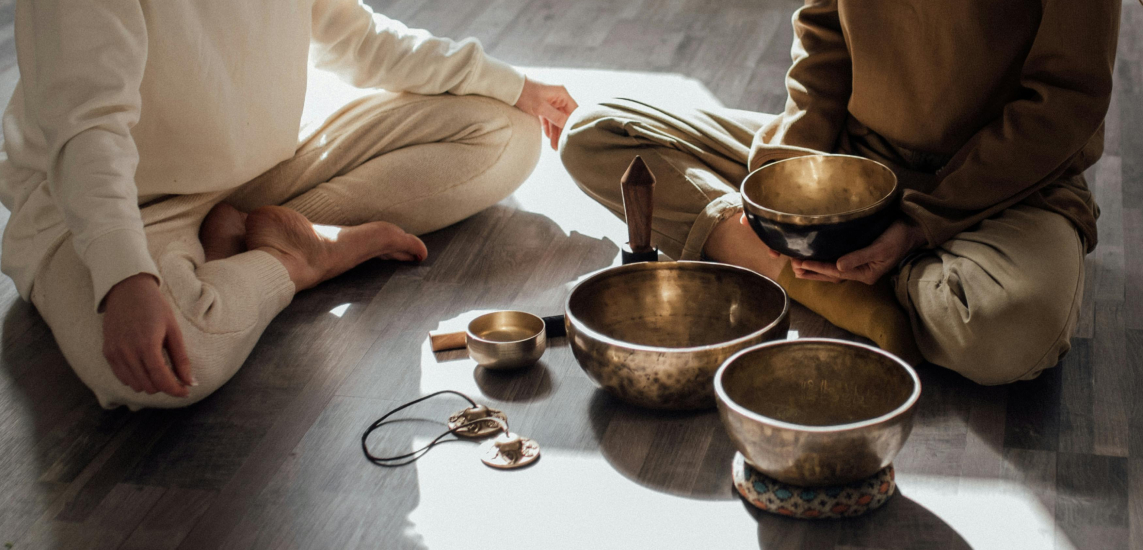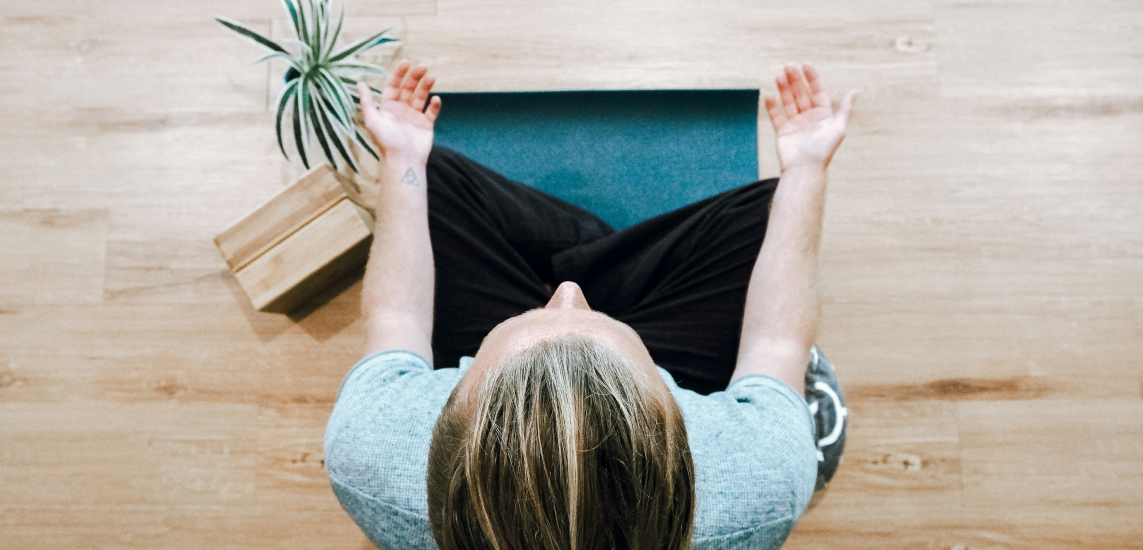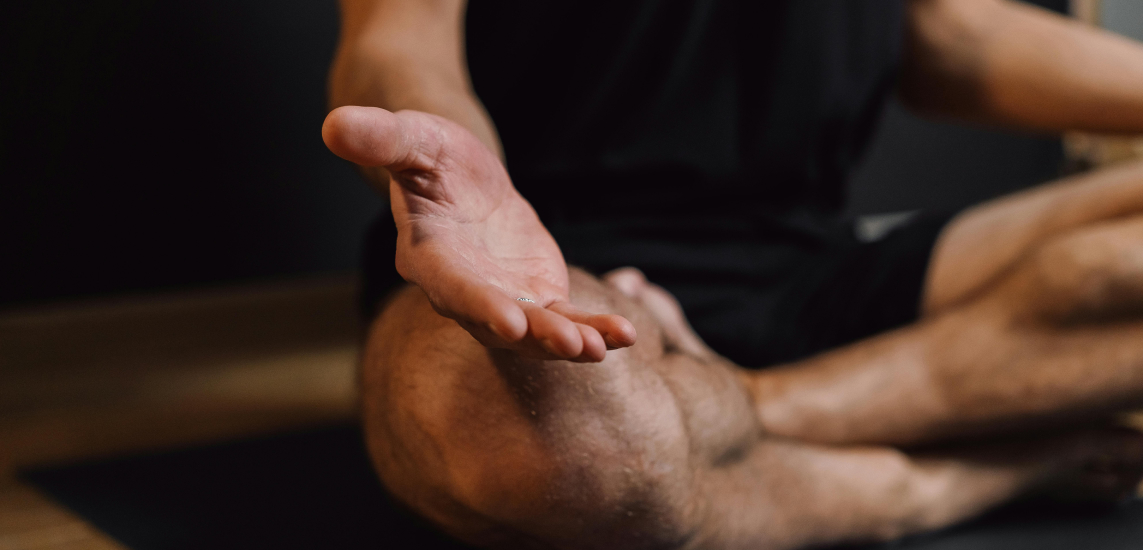Regardless of what meditation technique you may practice, there are five fundamental principles for preparing to meditate one can apply to ensure maximum results and the best possible experience.
5 Fundamentals For Preparing To Meditate
- Avoid a full tummy of food, or any stimulants such as coffee, or sugar just before you sit. Give yourself at least an hour or so after eating or drinking coffee before you sit to meditate.
- Find an environment where you are least likely to be distracted or disturbed by the outside world. Turn your phone to silent, close the door, perhaps let those around you know that for a short period of time you’ll be meditating and would prefer not to be disturbed.
- Wherever you are, and for however long you meditate, sit up right in a comfortable position. For most of us sitting with some sort of back support is recommended. This is to ensure that our attention isn’t preoccupied with the discomfort we may feel in our back unsupported during the meditation practice. Unless specified with a particular technique, it isn’t necessary to be sitting with your legs crossed, nor with your hands to be placed in any particular position. Comfort is the key.
- Once we find a comfortable position, allow the mind a transitioning period from the eyes open state to the eyes close state. This simply means taking about half a minute or so to allow the mind and body to settle into its least excited state, whatever that may be. If you’re feeling agitated or racy, just allow this to be. If you’re feeling sleepy or lethargic, no problem. Just allow it all to be. Wherever you are, and whatever you may be feeling, don’t resist it in any way. Simply allow yourself to be there with whatever state you’re naturally experiencing.
- The last point, and perhaps the most important: become aware of any preconceived ideas or expectations about what you may be about to experience in your meditation. The attitude of neutrality and innocence with no expectation or need of any particular type of outcome ensures that whatever technique we practice, the mind is allowed to move into the direction of de-excitation naturally without force. (Read more: Meditation teacher Manoj Dias reflects upon how the urge of instant gratification can harm meditation practice.)
Now, since you are grounded and prepared for your meditation, you might want to practice with Jonni Pollard himself and follow his guidance:
- Deep Rest Meditation in 20 Minutes Jonni Pollard 20:00
- Deep Rest Meditation in 15 Minutes Jonni Pollard 15:00
- Deep Rest Meditation in 10 Minutes Jonni Pollard 10:00






-1.jpg)

